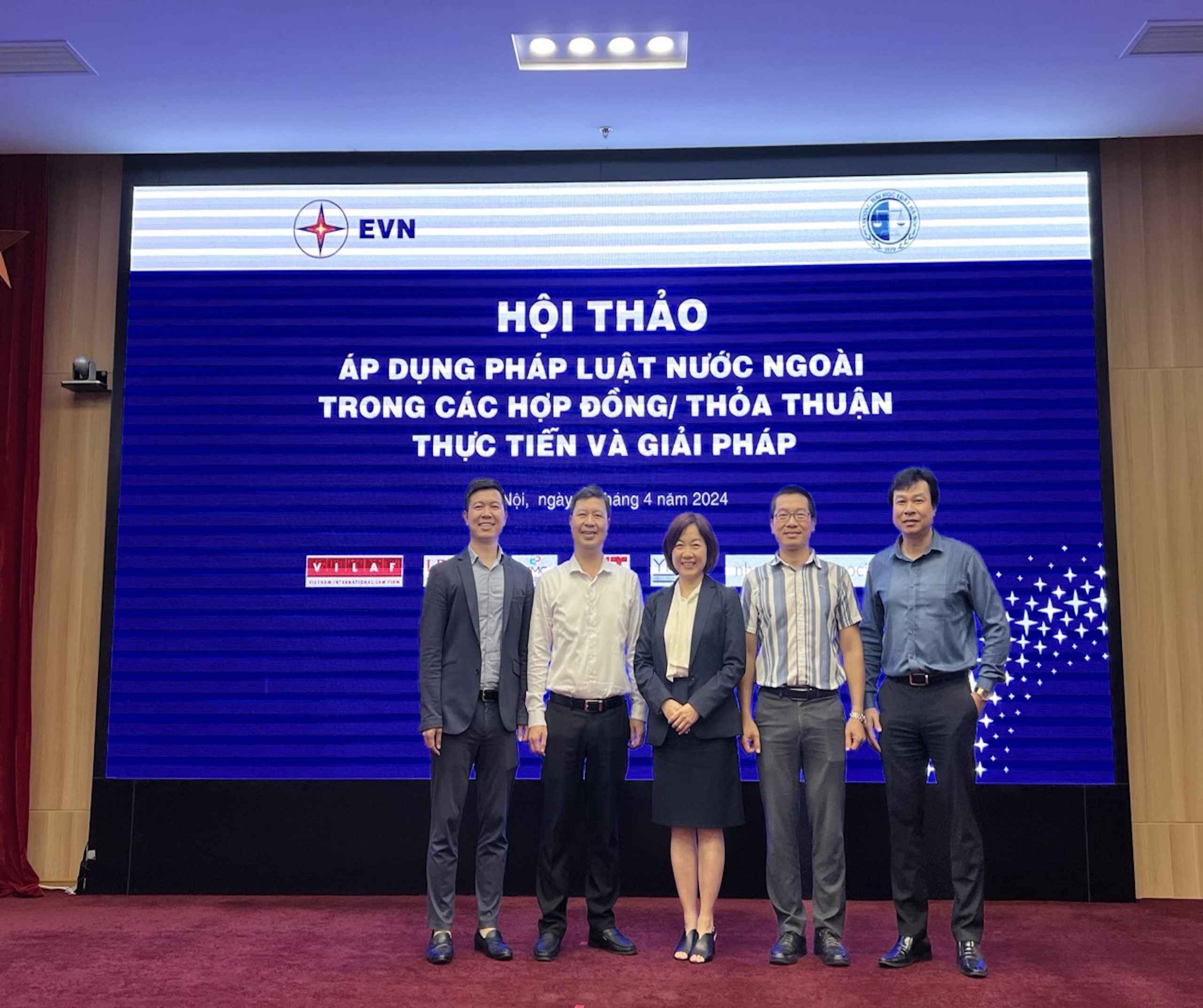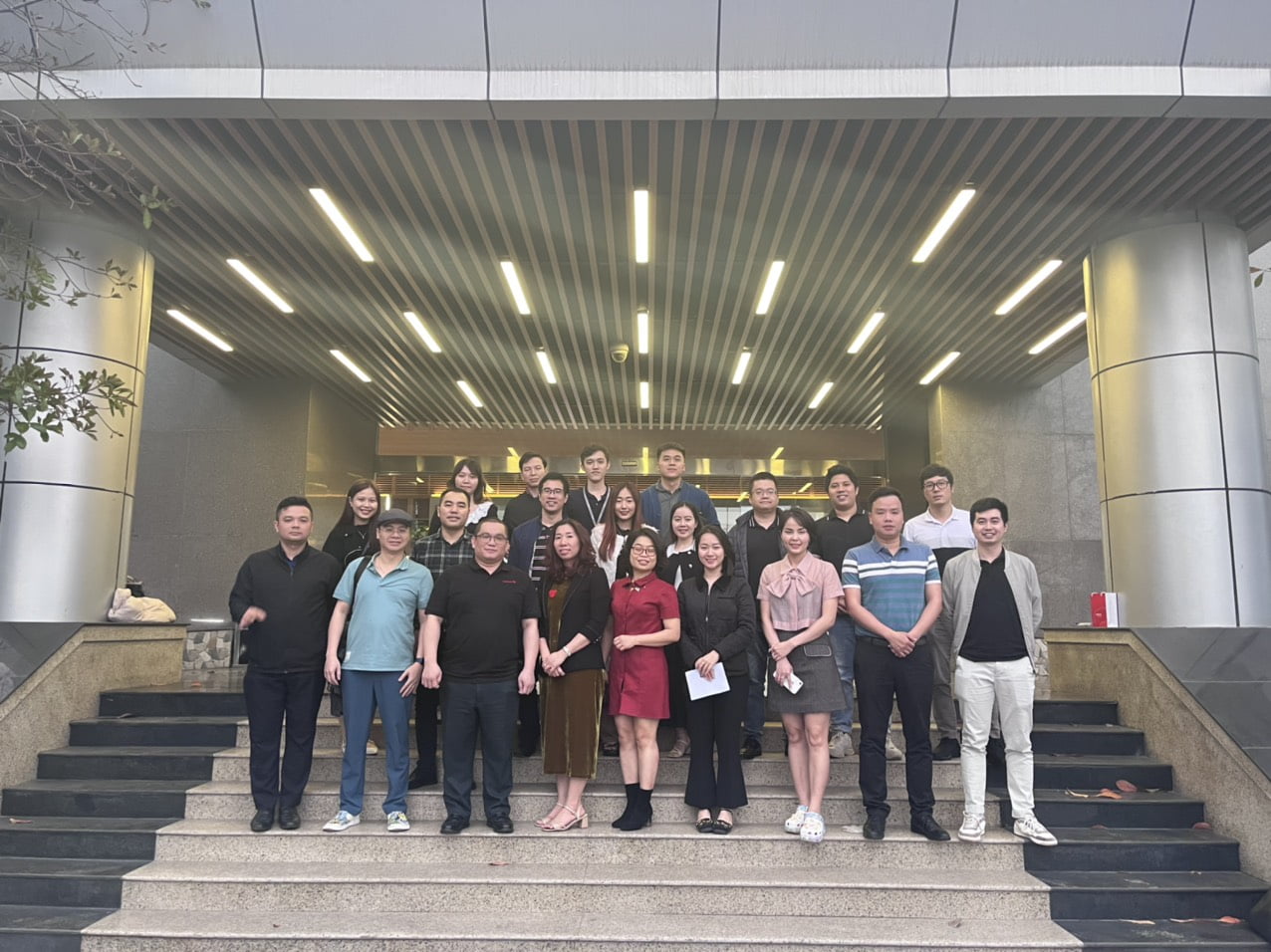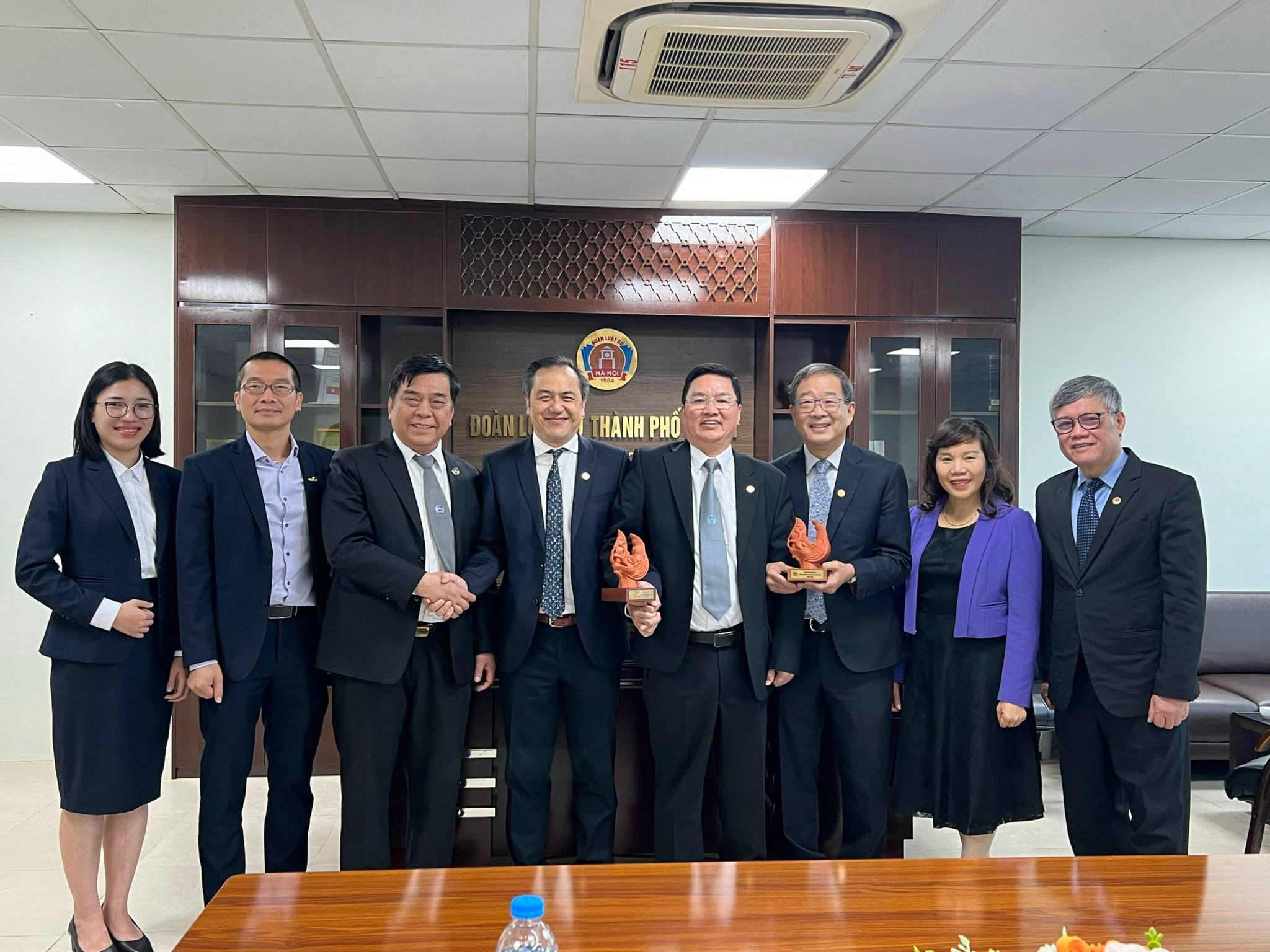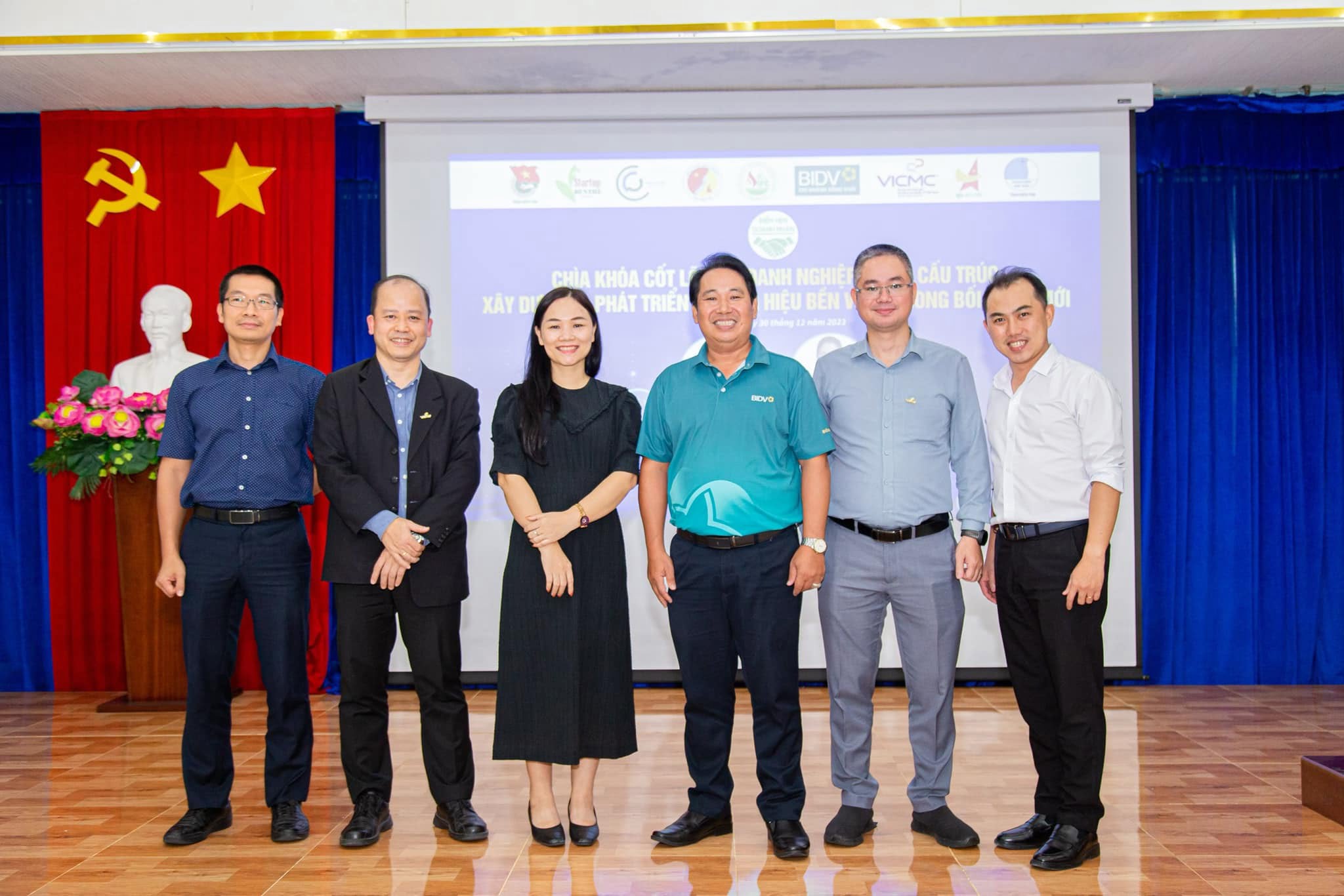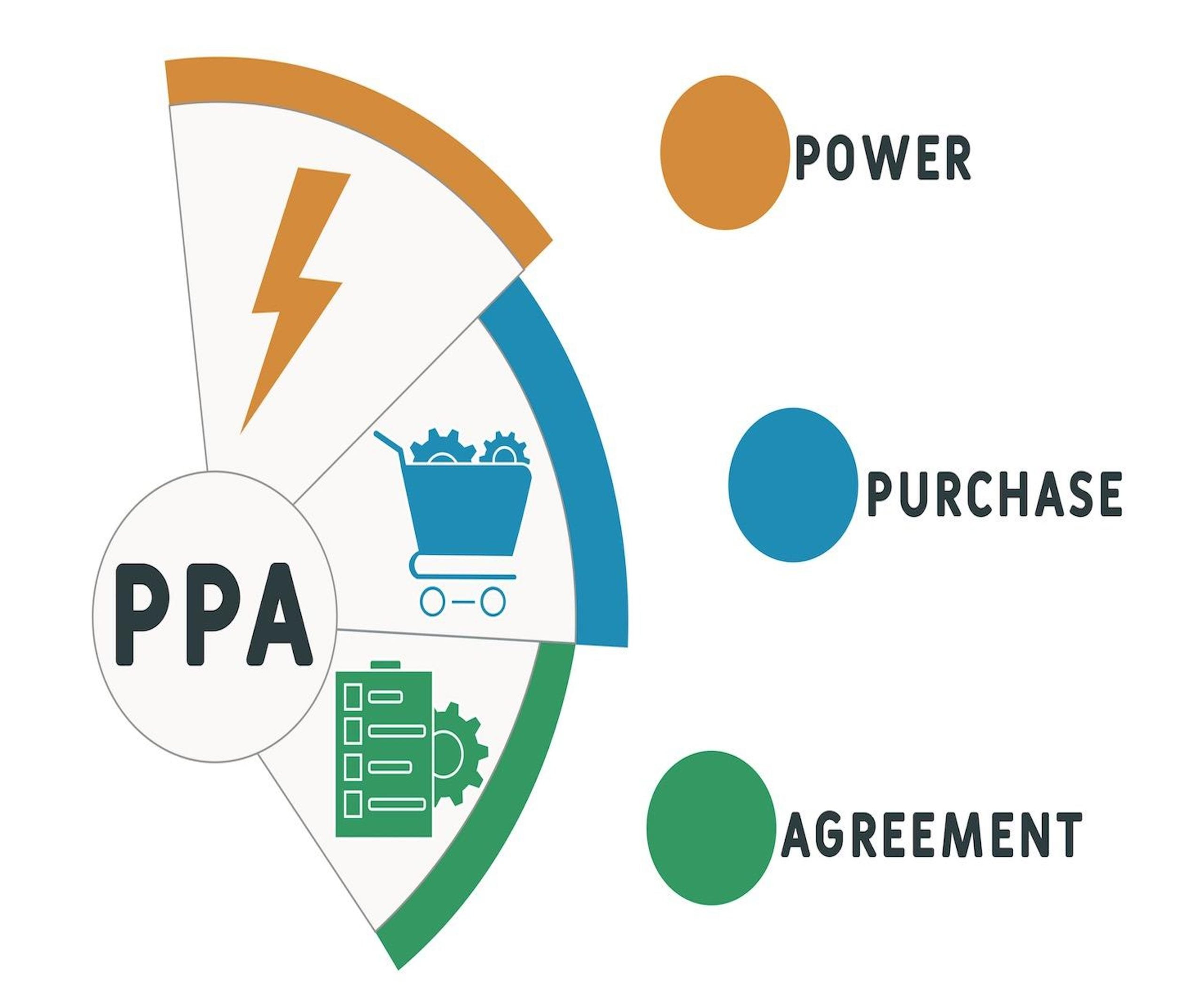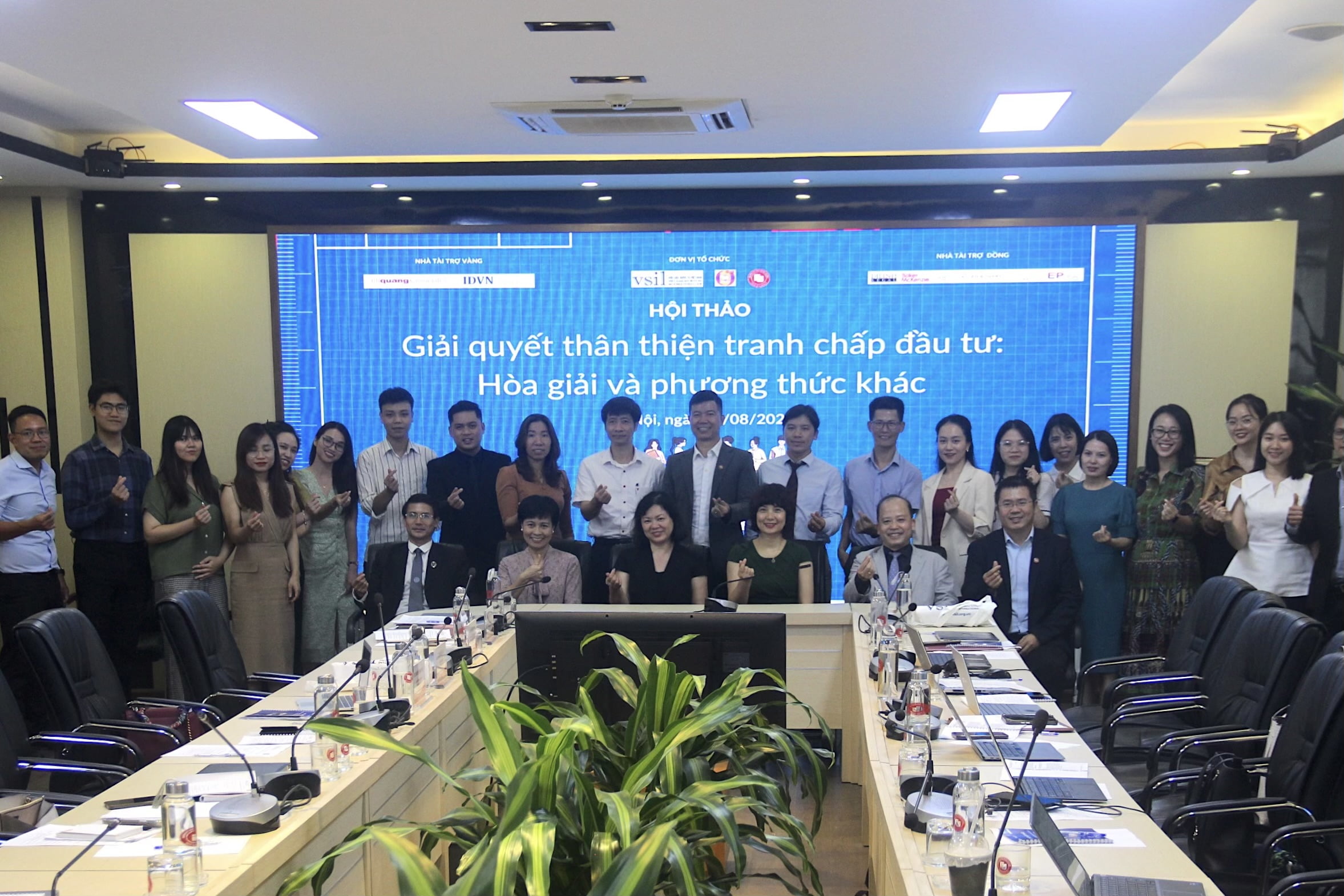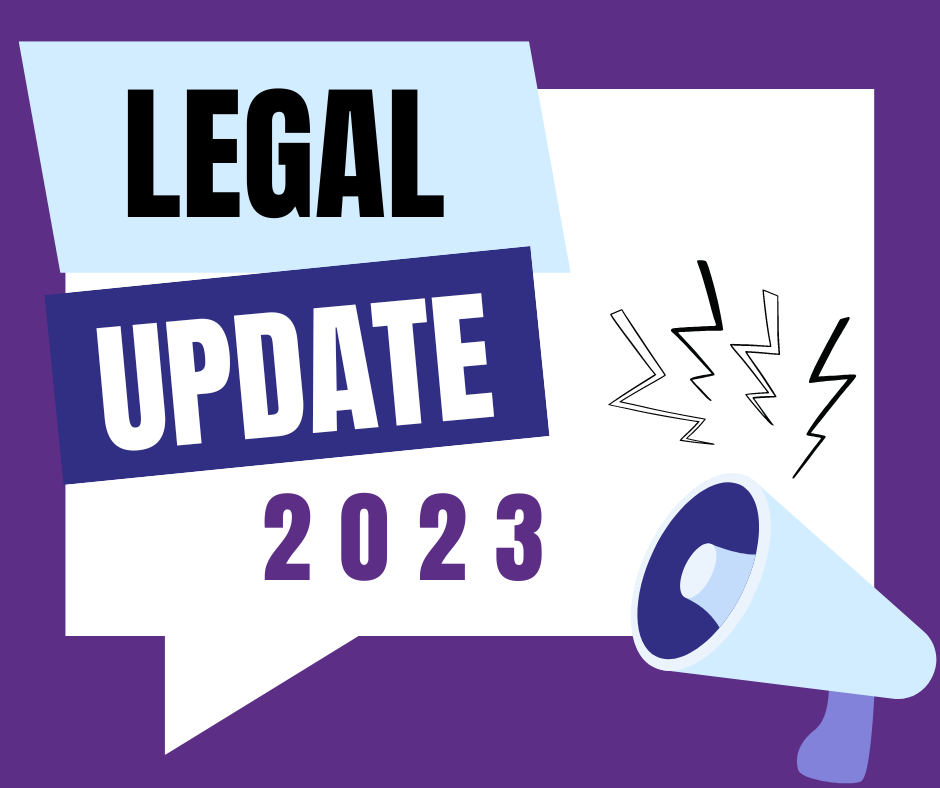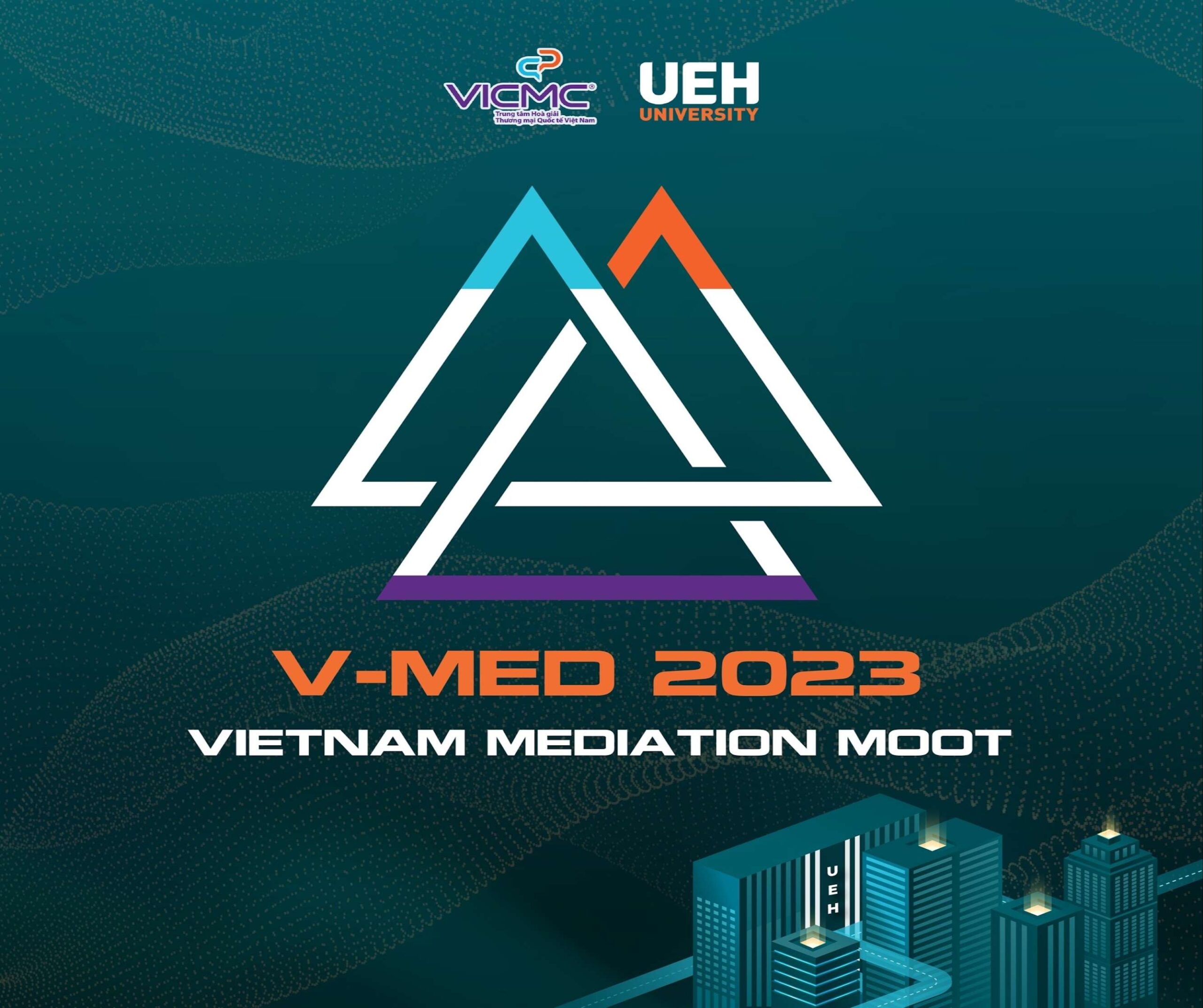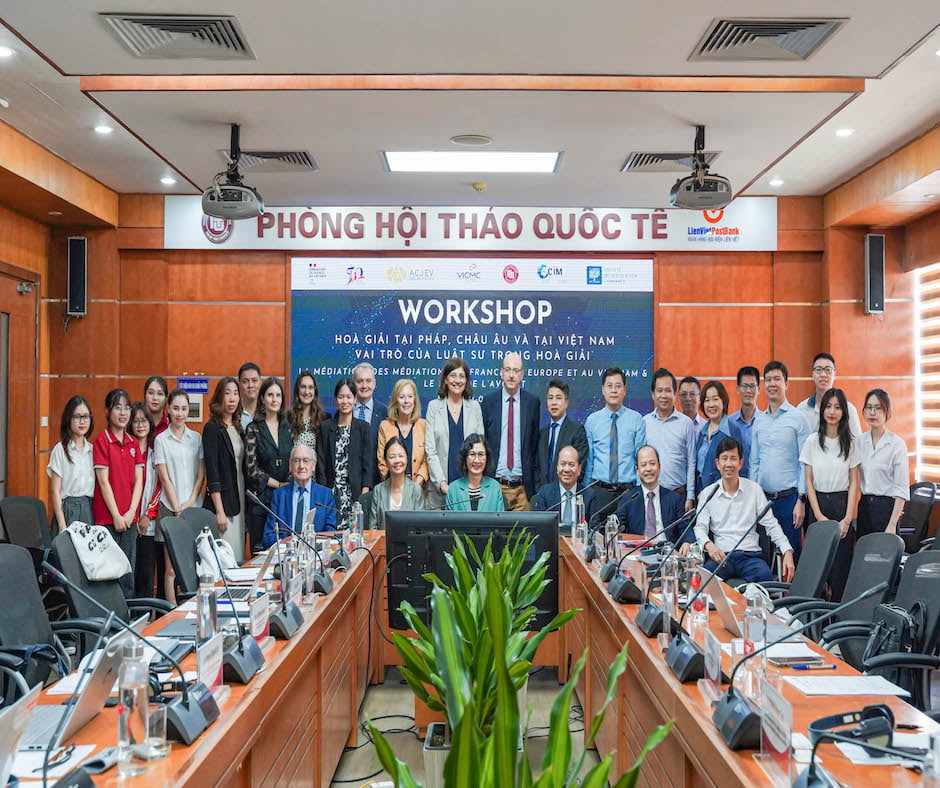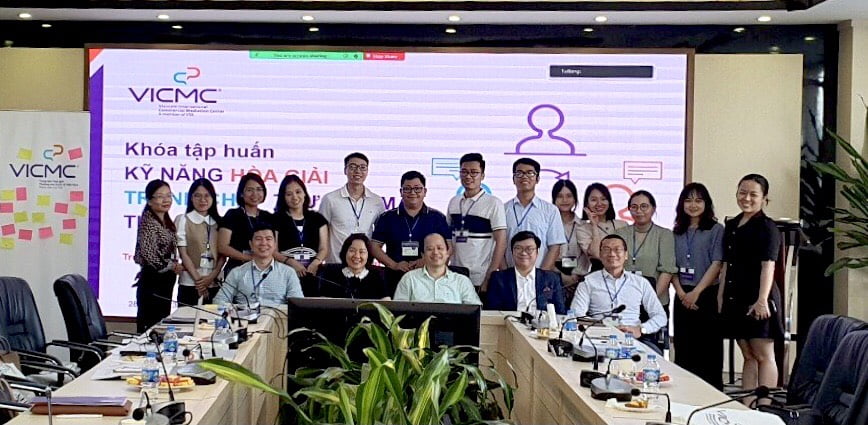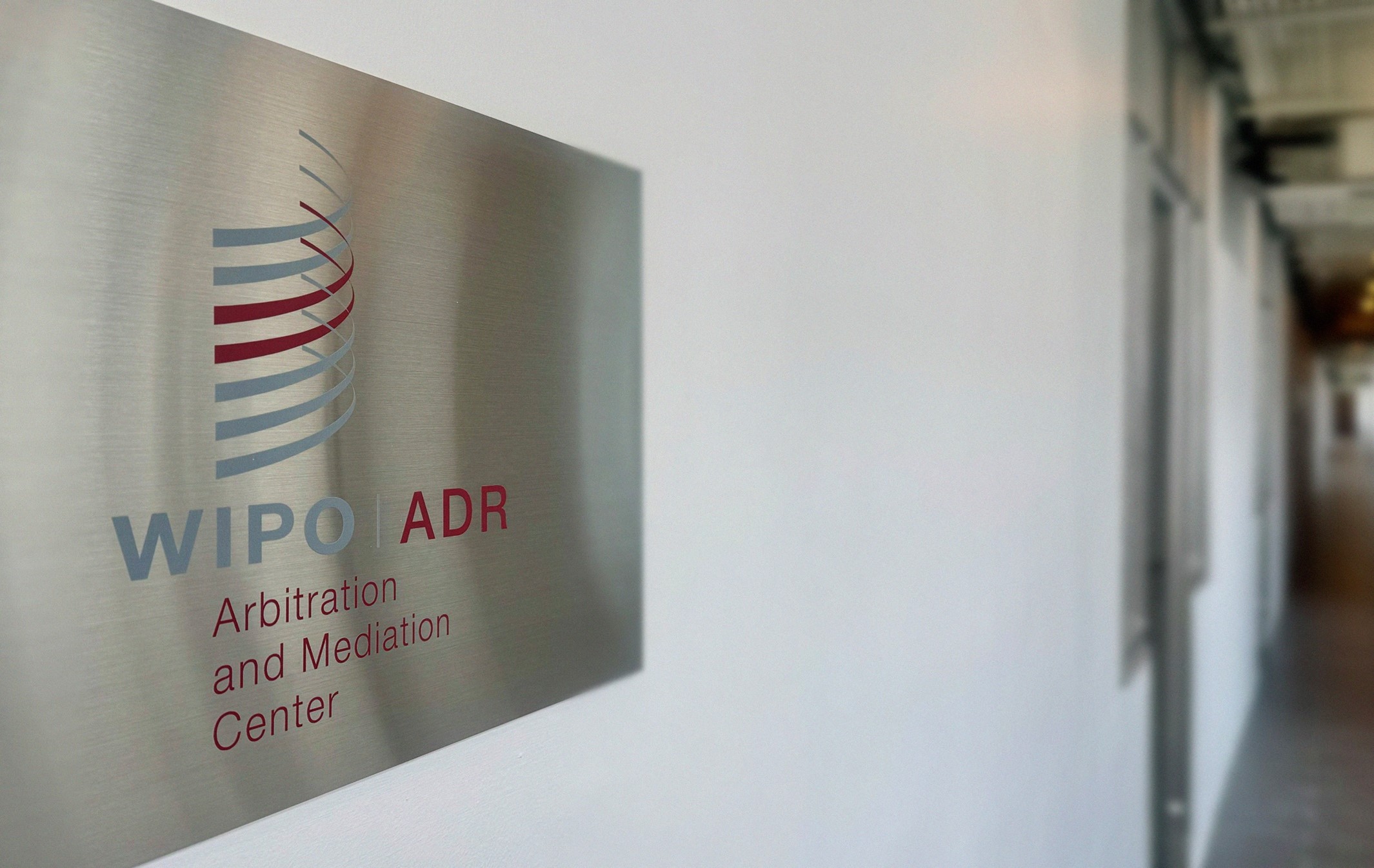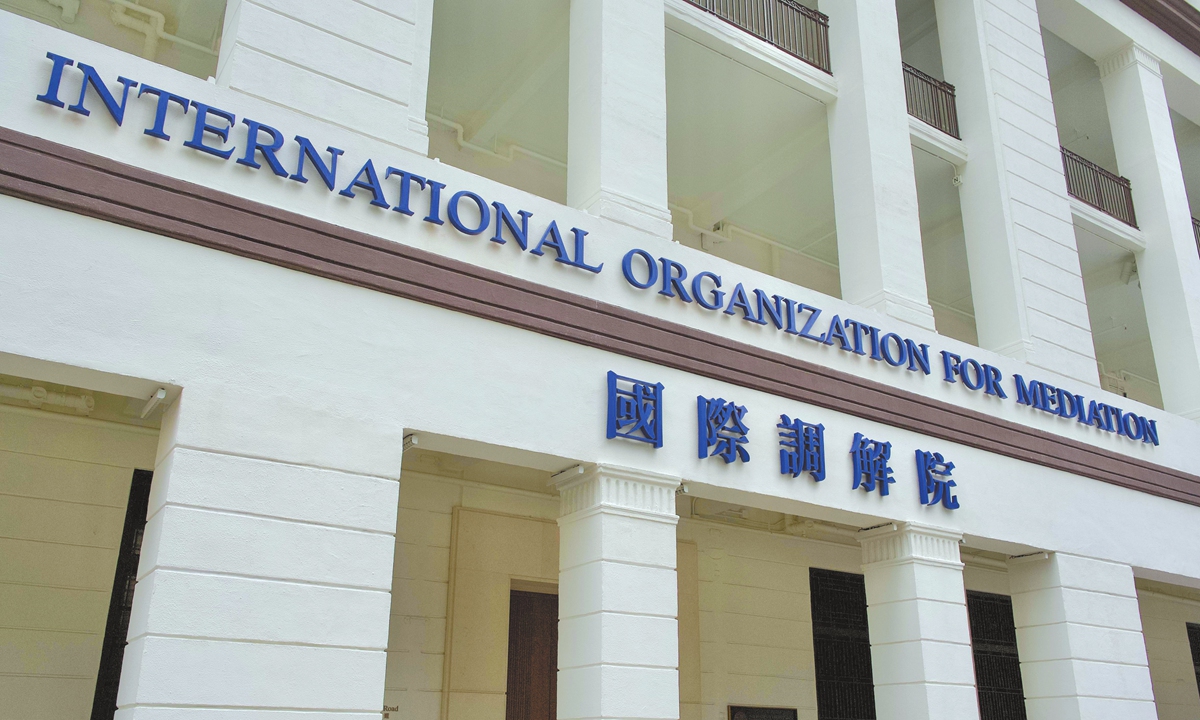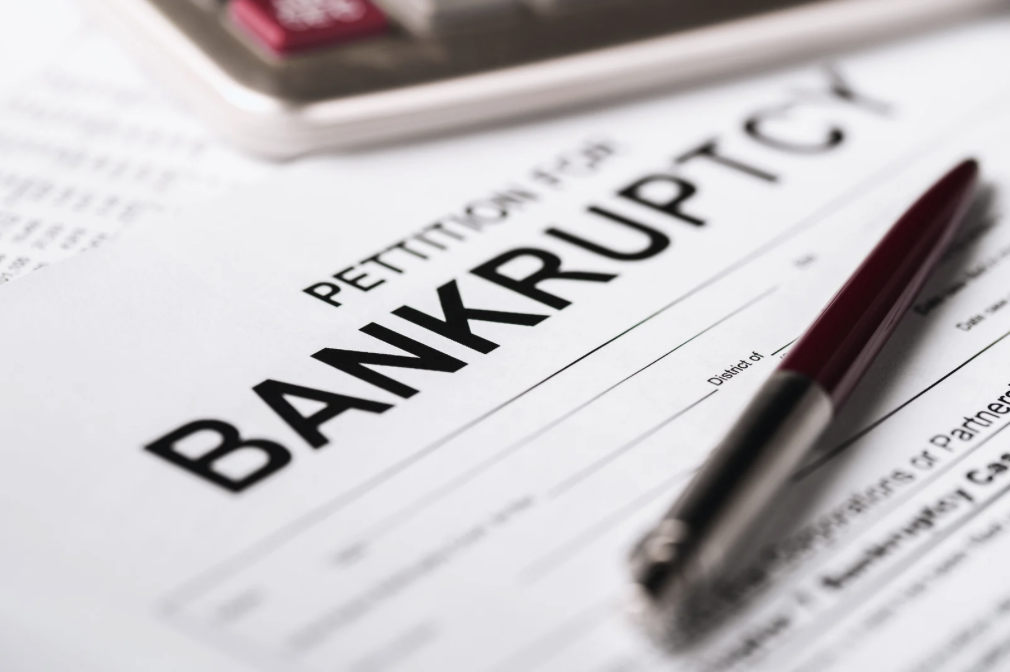3.2 Access to justice, online dispute resolution and e-courts
In the context of a digital society, basic human rights, especially the rights of vulnerable groups, are one of the factors that need to be focused on when deploying and applying digital platforms and solutions in judicial activities. In general, basic human rights related to cyberspace include: (i) The right to exploit and use the Internet and telecommunications networks; (ii) The right to be guaranteed safety in cyberspace; (iii) The right to be electronically identified to participate in electronic transactions; (iv) The right to privacy in the Internet environment; (v) The right to be granted an electronic personal profile and a free email address[1]. Specifically:
First, the right to exploit and use the Internet and telecommunications networks
The proportion of the world’s population using the Internet is 59.5%. In 2020, Vietnam had about 68.72 million Internet users, accounting for 70.3% of the country’s population. On average, 97 out of 100 Vietnamese people have a phone, and 66 people have a laptop or desktop computer[2].
However, digital technology divides disadvantaged groups including rural groups, people without access to technology, the elderly, people who cannot read or write or have language barriers. Currently, Vietnam has more than 7% of the population aged 2 and over, about 6.2 million people, with disabilities[3]. According to a survey conducted by the General Statistics Office, the rate of people with disabilities with access to the Internet is 6.7%, compared to 43% of people without disabilities. The rate of people with disabilities using mobile phones is 38.85%, compared to 73.09% of people without disabilities. This disparity continues to be repeated when comparing gender (between men and women) or development areas (between rural and urban areas)[4]. When ethnic minorities living in mountainous areas or ethnic minority areas are often not connected to telecommunications networks and the Internet, they face difficulties in participating in e-commerce activities as well as ODR mechanisms[5].
According to legal regulations, people with disabilities are entitled to apply standards and technologies to support their access to and use of information and communication products and services (Circular No. 26/2020/TT-BTTTT) in two forms: mandatory application and recommended application. State agencies and public service units using the state budget to design and build Electronic Information Pages/Electronic Information Portals/Public Service Portals; and Organizations providing public services and public administrative services must apply these standards.
Second, the right to be safe in cyberspace
The rights of vulnerable groups depend largely on the management mechanism of online service providers, for example, establishing technical and legal standards for operations, GQTC… The 2015 Civil Code requires parties to a contract to be responsible for keeping information confidential and not using confidential information for their own purposes or illegal purposes (Article 387). This issue is also regulated in the 2005 Commercial Law, the service provider is obliged to keep confidential the information they know during the service provision process if there is an agreement or the law stipulates (Article 78). The 2010 Law on Consumer Protection stipulates that consumers must have their information protected. In the event that an organization or individual wants to collect or use consumer information, they must notify and make it public before doing so. The use of consumer information must have their consent (Article 6). If consumer information is not protected according to the law, organizations and individuals may be subject to administrative sanctions.
However, current legal regulations have some shortcomings such as the lack of regulations on collecting consumer information outside of cyberspace; lack of regulations on protecting information related to biometrics such as fingerprints, faces, and voices; lack of regulations on collecting information for children; lack of regulations allowing consumers the right to request the party collecting and using that information to delete or remove their personal information; and there are no specific regulations on the responsibility to compensate for damages for entities that commit wrongdoing in collecting and using consumer information[6].
Third, the right to electronic identification to participate in electronic transactions
To participate in electronic litigation activities, the participating subjects must have an electronic identification to participate such as a digital signature (Resolution No. 04/2016/NQ-HDTP). However, the cost of establishing and maintaining an electronic identification in the previous period did not encourage people and businesses to have or maintain it, so there were no people participating in electronic litigation activities in court for a period of time[7]. In early 2022, the Prime Minister approved the Project on developing applications of data on population, identification and electronic authentication to serve national digital transformation. According to the Project, individual citizens will be granted an electronic identification account and use this identification in court proceedings and other transactions (Decision No. 06/QD-TTg dated January 6, 2022).
Fourth, privacy on the Internet
Currently, Vietnamese law has provisions to protect the privacy of organizations and individuals on the Internet, which does not limit the privacy of children, such as prohibiting acts, including publishing and disclosing information about children’s private lives without the consent of children (for children aged 7 and over) and of their parents and guardians (Law on Cyber Security 2018, Penal Code 2015, Decree No. 15/2020/ND-CP). However, to implement the above provisions, technical issues, time and responsibility of competent authorities for ensuring privacy on the Internet are factors that need to be improved[8].
Fifth, the right to be granted electronic personal records and free email addresses
The 2005 Law on Electronic Transactions stipulates the storage of data messages for electronic records. Resolution No. 04/2016/NQ-HDTP provides guidance on case files in electronic transactions. Decision No. 06/QD-TTg dated January 6, 2022 has a specific plan for providing population data services (including identification and authentication of population information) to individuals and organizations.
In order for people and organizations to participate in electronic transactions, including electronic litigation procedures, it is necessary to go through their email boxes. Currently, Vietnamese enterprises providing telecommunications network infrastructure or providing connection solutions do not support free email addresses as before, so most Vietnamese people use free email addresses of some major technology companies in the world, such as gmail, hotmail… For the convenience of users, requests to open free emails are often very simple and do not have a mandatory authentication mechanism for the identity of the mailbox creator. This issue creates concerns about security risks, personal safety as well as national security, affecting the security of e-commerce activities and the ODR process[9].
Due to the requirement for electronic identification, in the past, the court system has not resolved any cases according to the provisions of Resolution 04/2016/NQ-HDTP due to cost barriers for issuing electronic identification as well as technical conditions for people to contact the court[10]. Thus, electronic court proceedings need to have solutions so that people, especially vulnerable groups, can access them to ensure their right to access justice and also to ensure that the judicial activities of the court are effective and efficient.
3.3 Advantages and challenges of ODR in supporting access to justice
3.3.1 Advantages
First, ODR ensures neutrality in DR. As a mechanism to support DR, ODR is highly neutral and is programmed and used according to existing procedural processes, so parties participating in DR on the ODR system can feel secure when they are given equivalent rights and obligations. Vulnerable groups will not face obstacles when both parties are treated equally when participating in DR online or electronically. Disagreements and conflicts between two parties are resolved quickly, unbiasedly and consistently because AI has programmed from previous cases. Similarly, blockchain technology helps parties store information and data safely, without cost, space, and fear of loss. Information blocks are encrypted, allowing users to continuously add new data over time. Not only are users’ cases resolved quickly, but the ODR system also accumulates more and more data for analysis, improving the efficiency of ODR, aiming for the future of using AI and technology to resolve disputes in minutes or days.
Second, ODR has the function of preventing disputes by taking advantage of the characteristics of technology. With fast and automatic support, simple disputes, small values and large quantities will be very suitable for ODR. This helps the DR agency or online service provider save time, effort as well as speed up the resolution process. In addition, the easy-to-record and store information such as messages, conversations, etc. of technology also makes the parties tend to be more cautious in the process of interacting and responding through the system; thereby helping to control conflicts and minimize the risk of developing into litigation disputes[11].
Third, ODR helps vulnerable groups participate in the DR process more proactively and easily. With the characteristics of low access costs and remote connection, the ODR system helps vulnerable groups, especially the disabled who are inconvenient to travel, feel more secure and confident when exercising their procedural rights, no longer afraid of geographical distance or money. In addition, ODR also helps to better secure the information of litigants when participating in the litigation process because they only need to submit applications, receive applications, and read documents via electronic devices instead of having to go to the litigation agency to do the procedures or receive mail from the post office.
3.3.2 Difficulties
In addition to the above outstanding advantages, there are still many potential risks and difficulties when deploying these technologies to implement ODR.
The first difficulty is the quality of the Internet connection and the performance of electronic devices. This is the main tool for users to use technology such as e-commerce platforms, case management systems, etc. However, blockchain technology is a technology that creates a database that stores information in blocks of information linked together by encryption, which seems to be specifically designed for electronic systems serving the community, but is not suitable for computers with poor Internet connections or processing speeds[12]. This obstacle is easily encountered in remote areas with ethnic minorities or with the poor, those who have difficulty paying 3G or 4G fees or even buying computers[13].
Next, the transmission of information and storage of data on server systems still poses a risk of information leakage and theft. In a survey by the Judicial Integrity Network ASEAN (JIN ASEAN) of judges in the ASEAN region on the issue of personal data protection, 41% of judges said that private technology providers can access court data, about 22% did not know whether they had access or not, and 35% said that they could not access the contents of court records when providing technical support[14]. If parties, especially vulnerable groups, are exposed to confidential information related to personal life or business secrets of legal entities, it will cause very serious consequences. Enterprises providing ODR services such as mediation centers, arbitration centers or e-commerce platforms themselves need to ensure this issue when building ODR systems.
The final obstacle is protecting vulnerable groups from cybercrime or fraud and profiteering. Vulnerable groups are very easy targets for criminals due to their low level of understanding of technology. Cybercriminals can steal personal information to appropriate property or threaten them mentally and physically. For example, there are many forms of fraud today: calling impersonating the police or the court investigating and asking the listener to fill in bank account information; sending emails/text messages tricking users into accessing a virtual website designed as the website of a legitimate agency (bank, court, etc.)[15]. In the case of applying the ODR system, the risk of criminals faking the website to steal personal information is entirely possible.
(To be continued)
*The article is published in Journal of International Economics and Management, No. 149 (09/2022)
*About the Authors:
Lawyer Nguyen Hung Quang – President of Vietnam International Commercial Mediation Center (VICMC)
Nguyen Tran Lan Huong – Member of the Secretariat of Vietnam International Commercial Mediation Center (VICMC)
Nguyen Hai Giang – Member of the Secretariat of Vietnam International Commercial Mediation Center (VICMC)
Secretariat
[1] Huy, T.A. (2020), “Legal issues on electronic contracts in the period of the 4.0 industrial revolution in Vietnam”, Proceedings of the Workshop “The 4th Industrial Revolution and legal issues for the construction and improvement of the Vietnamese legal system”.
[2] Kemp, S. (2021), Digital 2021: Global Overview Report — DataReportal – Global Digital Insights, Kepios, We Are Social & Hootsuite.
[3] General Statistics Office (2018), National Survey on People with Disabilities 2016 (VDS2016), Statistical Publishing House, Hanoi.
[4] General Statistics Office (2018), National Survey on People with Disabilities 2016 (VDS2016), Statistical Publishing House, Hanoi.
[5] Anh, L. (2020), “Digital transformation in remote areas: there will be smartphones priced at 600-700 thousand VND”, https://vneconomy.vn/chuyen-doi-so-o-vung-sau-se-co-smartphone-gia-600-700-nghin-dong.htm, accessed November 3, 2021.
[6] Cuong, N.V. (2020), “Current status of laws on personal information protection in Vietnam and directions for improvement”, Journal of Legislative Studies, No. 15, pp. 36-43.
[7] Quang, N.H. (2020), Report on Good Practices in Implementing Judicial Administrative Procedures to Enhance Court Integrity, UNDP & Supreme People’s Court.
[8] Dung, T.T.T. (2019), “Privacy is increasingly difficult to maintain”, Saigon Online Economic Magazine, https://thesaigontimes.vn/quyen-rieng-tu-ngay-cang-kho-giu/, accessed April 4, 2022.
[9] Son, P.X. & Huy, T.A. (2021), “Ensuring human rights in cyberspace”, State Management Newspaper, https://www.quanlynhanuoc.vn/2021/10/21/bao-dam-quyen-con-nguoi-tren-khong-gian-mang/, accessed April 5, 2022.
[10] Quang, N.H. (2020), Report on Good Practices in Implementing Judicial Administrative Procedures to Enhance Court Integrity, UNDP & Supreme People’s Court.
[11] Larson, D.A. & Mickelson, P.G. (2009), “Technology mediated dispute resolution can improve the registry of interpreters for the deaf ethical practices system: the deaf community is well prepared and can lead by example”, Cardozo Journal of Conflict Resolution, Vol. 10, pp. 140-41.
[12] Huy, T.A. (2020), “Legal issues on electronic contracts in the period of the 4.0 industrial revolution in Vietnam”, Proceedings of the Workshop “The 4th Industrial Revolution and legal issues for the construction and improvement of the Vietnamese legal system”.
[13] Anh, L. (2020), “Digital transformation in remote areas: there will be smartphones priced at 600-700 thousand VND”, https://vneconomy.vn/chuyen-doi-so-o-vung-sau-se-co-smartphone-gia-600-700-nghin-dong.htm, accessed November 3, 2021.
[14] JIN Asean & UNDP (2021), Emerging Technologies and Judicial Integrity in ASEAN, https://www.undp.org/publications/emerging-technologies-and-judicial-integrity-asean, truy cập ngày 15/03/2022.
[15] Quan, H. (2021), “Increasing online fraud during the epidemic season”, https://cand.com.vn/Phap-luat/gia-tang-cac-thu-doan-lua-dao-truc-tuyen-trong-mua-dich-i626968/, accessed April 5, 2022.






